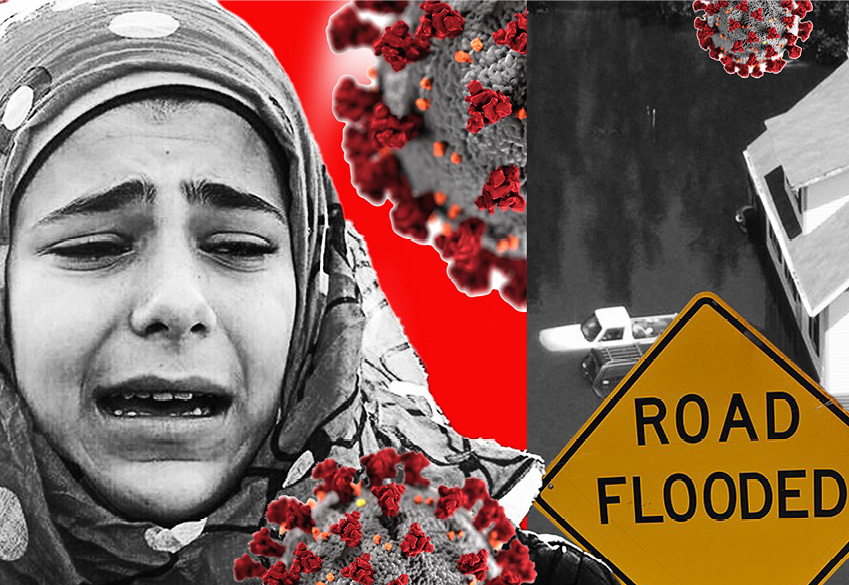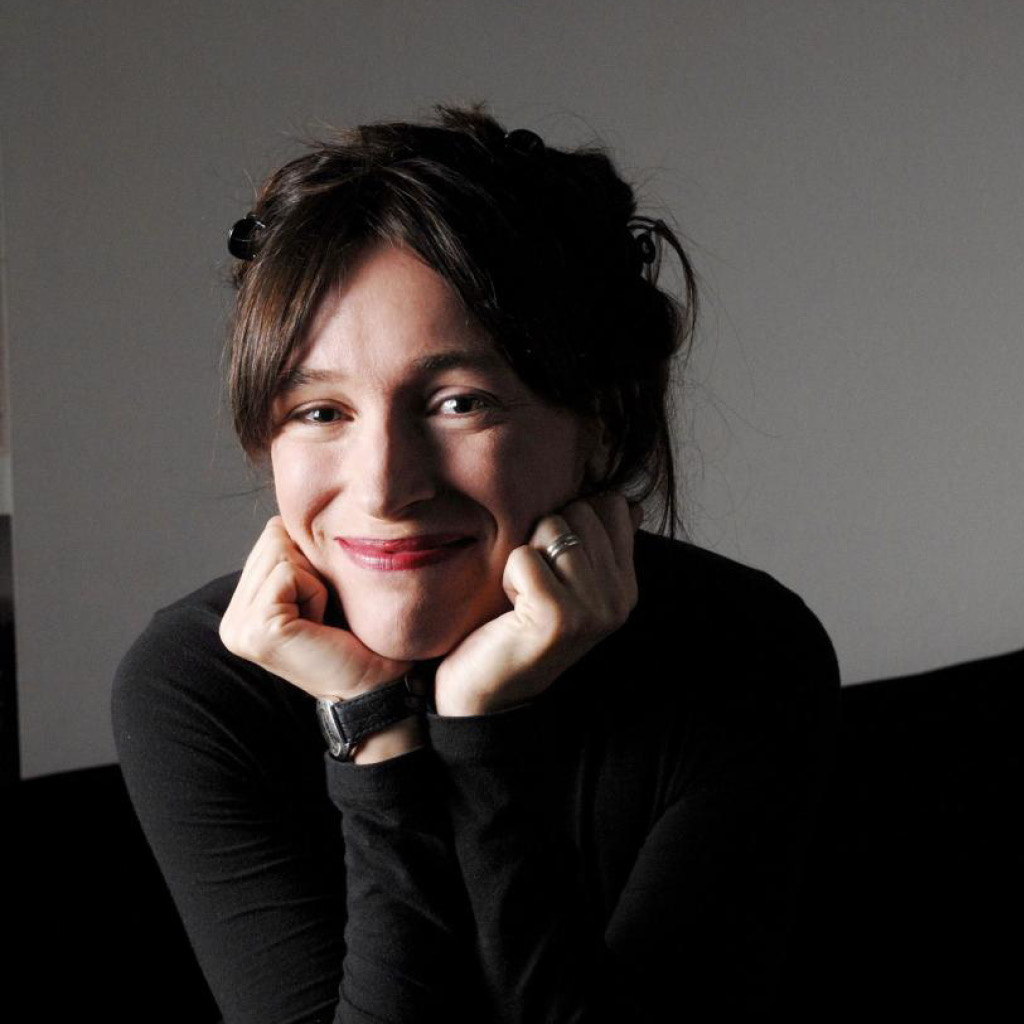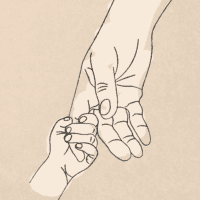My son is curling up in bed with me at night. He hasn’t done this for a while; he’s too old for it under normal circumstances. But these aren’t normal circumstances. There’s a LOT going on right now. In the past week or so Russia has invaded Ukraine, Putin has threatened to escalate with nuclear weapons and parts of Queensland and New South Wales have been catastrophically flooded – and all this on top of two years of Covid-19 trauma.
My wee Jago declared mid-week, “These are the worst three years of my life, mum.” He’s ten years old, and this state of sustained trauma in the news cycle has existed for a very big chunk of his life.
Josh Glancy in The Times of London has dubbed the state we’re living in now a “Permacrisis” – an era of permanent crisis in terms of the disturbingly un-peaceful world events we’re living through.
Lenin reportedly once said, “There are decades where nothing happens, and there are weeks where decades happen. This is one of those weeks.”
And that’s how this past week has felt, just as Covid-19 seemed, finally, in retreat.
The virus had followed hard on the heels of bushfires 26 months ago when our skies turned an apocalyptic orange, which felt like a harbinger of a doomsday scenario to come.
The bushfires that turned our skies an apocalyptic orange felt like a harbinger of a doomsday scenario to come.
And before that was the attention-grabbing Donald Trump, thriving on division and chaos, as well as the shock of Britain pulling out of the European Union. Not to mention the slow-motion horror of climate change. How’s the reef doing? The koalas? Will China invade Taiwan? Will Trump return in 2024? Has World War III actually begun?
Anxious, yet?
This is our Permacrisis. It feels like a weight pressing upon my chest right now, a breathlessness at the state of our world. I’m exclaiming “No!” at news of yet another Russian atrocity and waking at three am to check my phone. Is Kyiv still standing? Did President Zelenskyy make it through another night?
My mobile detonates little depth charges of anxiety again and again. Can’t work properly, too distracted by everything going on; can’t keep away from Twitter, Facebook and Insta. Doom scrolling is the new nail biting.
My mobile detonates little depth charges of anxiety again and again.
We have social media bombarding us with constant global updates in a 24/7 news cycle greedy for fresh upheaval. Media organisations thrive on drama – because it reaps more clicks.
People on the ground, citizen journalists, are posting on the spot with no editorial intervention; trauma goes viral. The gruesome death of a Sydney swimmer by a shark, a man moving a landmine from a Ukrainian road with a ciggie in his mouth, a woman crouched on a slippery tin roof waiting for rescue in bucketing rain; never before has the regular world felt so close to the action. The suffering lingers, replays in our heads, then there’s fresh outrage on top of it; it all feels too overwhelming, too disrupting, too close. Uncertainty is stressful. A lack of control cultivates anxiety.
Dr Grant Blashki, from mental health organisation Beyond Blue, says the trick is to find a balance with all the upsetting news bombarding us.
“We live in a hyper-connected world,” he explains, “and there’s always something bad happening, which is amplified by the models of clickbait. Anyone can be a publisher now. But chronic worry exhausts us and gives us stress hormones. It leads to catastrophising.”
We live in a hyper-connected world. There’s always something bad happening, which is amplified by the models of clickbait.
He recommends setting boundaries for social media use. “Place your phone in another room to charge at night and unfollow the doomsayers, because anxiety is contagious. Schedule a specific time to catch up with the news, and, around it, just get on with your life.”
“Focus on what you can control,” he continues. “And ask, ‘Is this necessary?’ before launching into a news app. It might actually be a better time to step into nature or focus on hobbies. Don’t overdo the alcohol, get enough sleep, and have a switch-off time from your phone and social media at night.”
Dr Blashki says history has never been perfect. “It’s important to keep perspective. There are a lot of positives that we can focus on in our lives right now, especially with kids.”
And yes, there are green shoots through all this. I’m not just teary at all the trauma on my phone this week, but at the incredible moments of courage, too.
I’m not just teary at all the trauma on my phone this week, but at the incredible moments of courage, too.
A flood-stricken chemist puts out a call for a ride to her pharmacy, so she can distribute life-saving medicine to people in need, and world champion surfer Mick Fanning rocks up on his jet ski.
A group of Ukrainian villagers stop a convoy of Russian army tanks by standing in front of it and singing their national anthem. Anti-war protesters demonstrate on Russian streets.
A fractured and softened western world unifies over the magnificent concept of freedom. Yes, there is good to come from this wretched week. Courage and compassion have been demonstrated again and again, and it’s so beautifully, tenderly human. It’s teaching us how to be. Better. Kinder. Braver.
So, while my son is curled up with me in bed, these are the stories I’m emphasising. Tales of the hero president who was once the voice of Paddington Bear in Ukrainian. The army pilots in their chopper who hovered over a house with water lapping at its gutters and winched a family to safety. The beautiful ballerina who’s became a soldier overnight. Narratives of heroes and heroines overcoming impossible circumstances, for the good of others. And all the while I’m aching for sweet, dull normality once again, because it will come again, as it always does.
And I’ll also be focusing on the small, comforting wonders all around us, to distract from the bigger picture.
“Joy appears now in little things,” Anais Nin wrote in her diary in the 1940s. “The big themes remain tragic. But a leaf fluttered in through the window this morning, as if supported by rays of the sun, a bird settled on the fire escape, joy in the taste of the coffee, joy accompanied me as I walked to the press. The secret of joy is the mastery of pain.”









No Comments